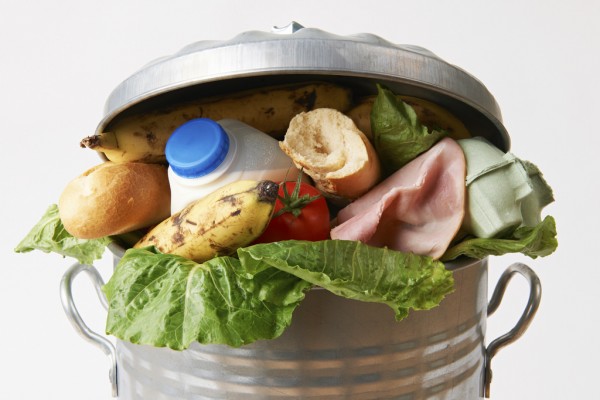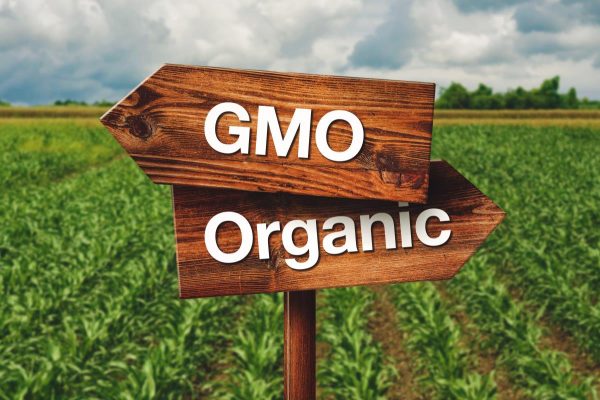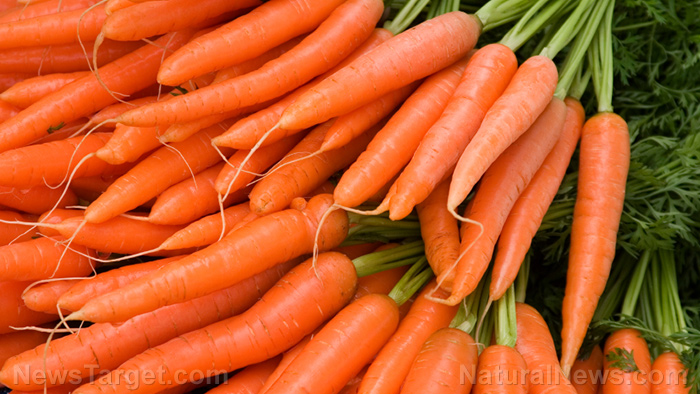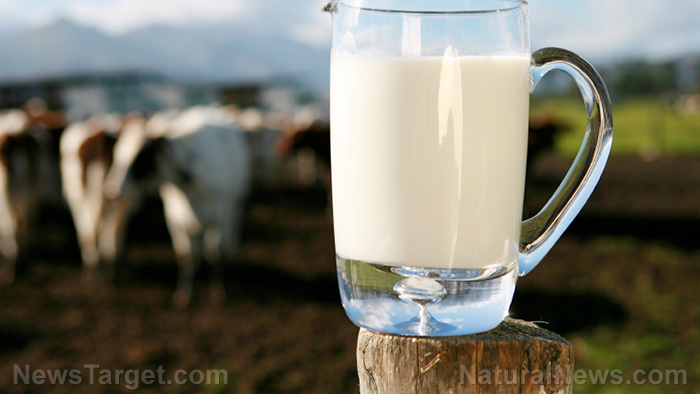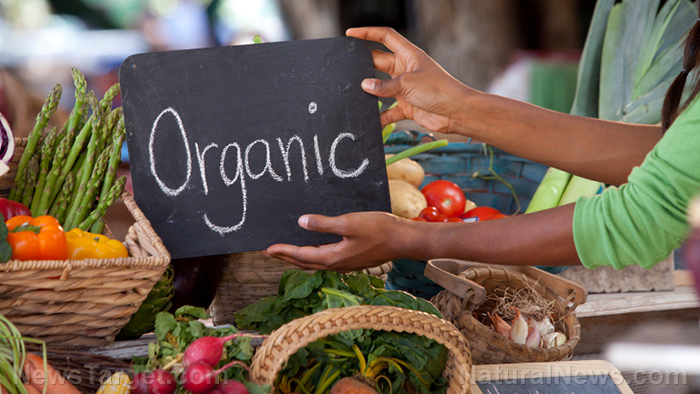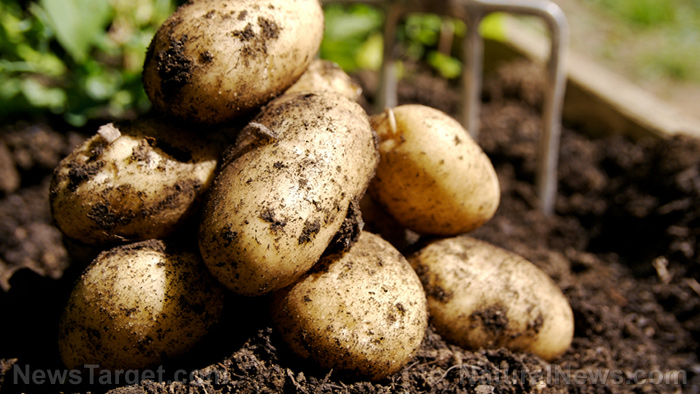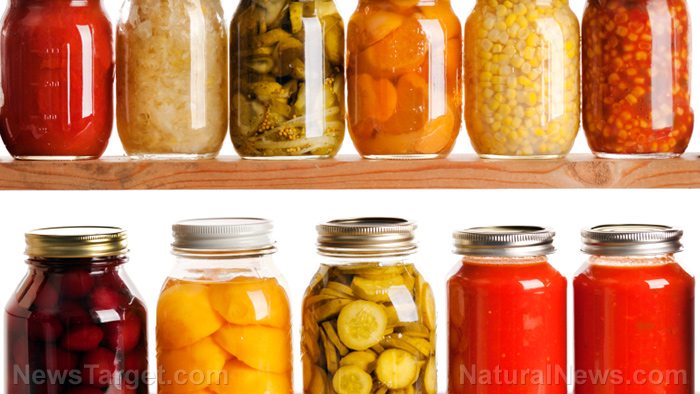Unemployment and rising food costs have resulted in about a billion people around the world going to bed hungry every day – that’s nearly one in seven people who is officially starving. This problem is only likely to worsen, since the global population is growing at an unprecedented rate, and the United Nations Department of Economic and Social Affairs predicts that it will reach around 9.6 billion by 2050. With statistics like these, one would expect that the whole world would be focused on minimizing waste to ensure that more people have access to food, but just the opposite is true. In fact, according to Science Daily, almost 9 percent of the world’s food supply is simply thrown away or left to spoil, while around 10 percent more is lost to overeating.
These startling figures were highlighted in a recent study conducted by researchers from the University of Edinburgh, Scotland’s Rural College, the University of York, the Karlsruhe Institute of Technology, and the Centre for Australian Weather and Climate Research, and published in the journal Agricultural Systems. The study focused on 10 key areas of global food production to see where the most losses were occurring, utilizing information gleaned from the United Nations’ Food and Agriculture Organization.
Some of the study’s startling findings included the fact that almost half of all crops harvested worldwide (around 2.1 billion tons) are lost to poor production processes, over-consumption and waste by consumers. The least efficient and most wasteful of all food production involves livestock, with more than two-thirds of all product lost (around 78 percent, or 840 million tons). Livestock production also directly impacts crop production, since about 1.08 billion tons of fresh produce is needed to produce just 240 million tons of animal products like eggs, meat, and dairy products. Taken holistically, livestock production alone is responsible for about 40 percent of all lost crops.
The study’s findings regarding overeating are especially interesting; it would seem that while a billion people starve, the other six billion are just plain greedy and/or wasteful.
“Reducing losses from the global food system would improve food security and help prevent environmental harm. Until now, it was not known how over-eating impacts on the system. Not only is it harmful to health, we found that over-eating is bad for the environment and impairs food security,” said the lead researcher of the study, Dr. Peter Alexander, of the University of Edinburgh’s School of Geo Sciences and Scotland’s Rural College.
In the U.S., some of the biggest contributors to food waste are supermarkets, which throw out an average of 3,000 pounds of produce per store, each year. For the most part, the food is rejected not for safety, but for esthetic reasons. If fresh fruit is starting to turn brown or is in some other way blemished it will be consigned to the trash heap, as will produce that is perfect in appearance, simply to make way for new stock to be displayed on the shelves.
Though legislation was put in place in 1996 to protect stores from prosecution should food past its “sell-by-date” be donated to the hungry, most supermarkets still balk at the idea of donating food they perceive to be “old,” citing fears of litigation or bad press as concerns.
It is said that knowledge is power, and it is vitally important that consumers become aware of the enormous food supply problem being faced worldwide. After all, it is the picky consumer who refuses to buy even slightly blemished produce that is a large contributor to the problem of waste. And how often do we toss out fresh produce that we have simply forgotten about or failed to use quickly enough, never stopping to think about the millions of people worldwide who are doing the same thing, all while millions of others starve? (RELATED: Great tips to help you stop wasting food can be found in this Natural News article.)
It is time to turn the tide. In a generation of people who have become accustomed to instant gratification and visually perfect produce, we need to become more self-sufficient and less wasteful. Our very survival depends upon it. Follow more news about the food supply at Harvest.news.
Sources include:
ScienceDaily.com
UN.org
TheGuardian.com
NaturalNews.com
Blogs.NaturalNews.com

